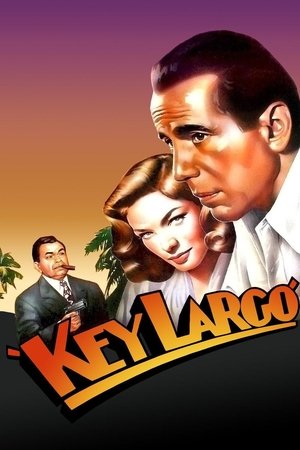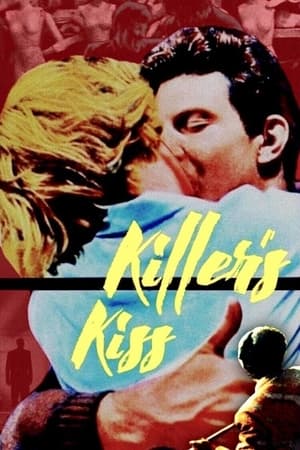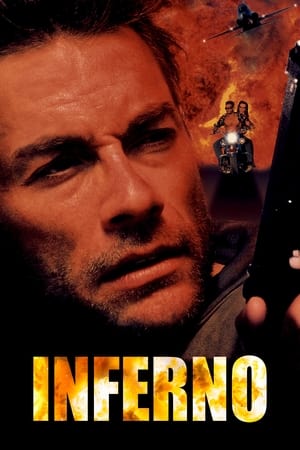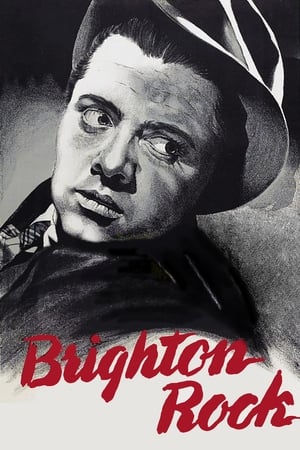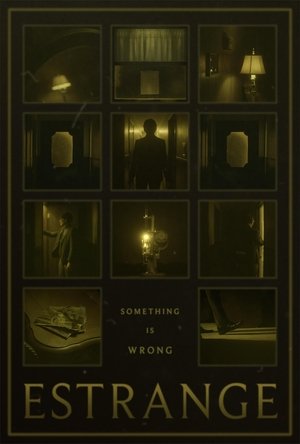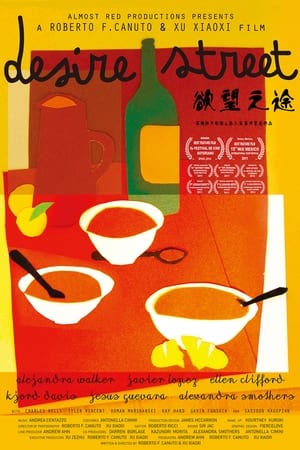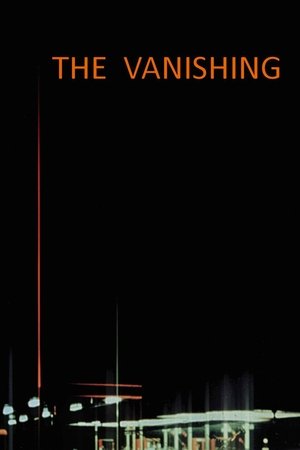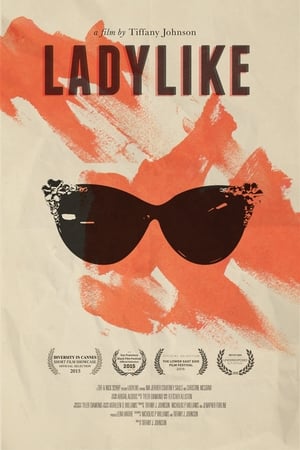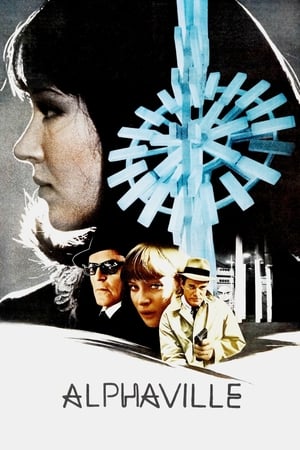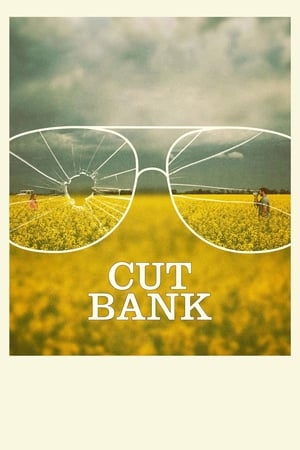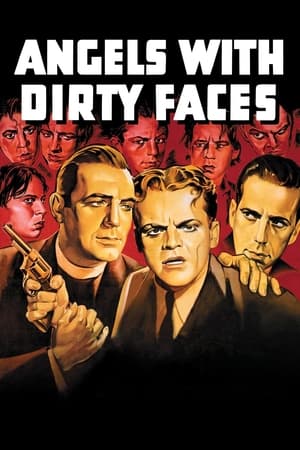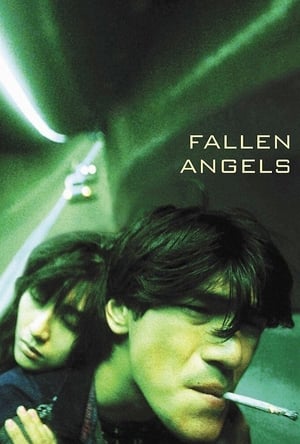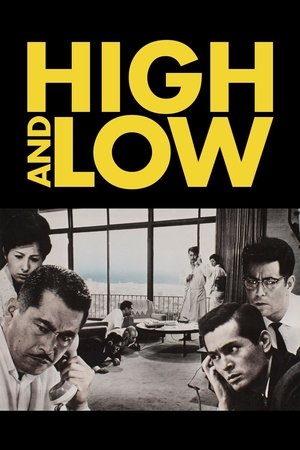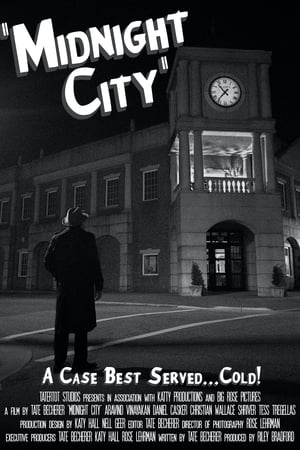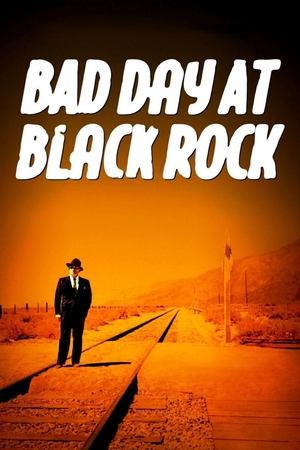Overview
An unemployed drifter, Eric Stanton wanders into a small California town and begins hanging around the local diner. While Eric falls for the lovely waitress Stella, he also begins romancing a quiet and well-to-do woman named June Mills. Since Stella isn't interested in Eric unless he has money, the lovelorn guy comes up with a scheme to win her over, and it involves June. Before long, murder works its way into this passionate love triangle.
Reviews
The Film Noir of the Week is Fallen Angel -- the 1945 film directed by Otto Preminger. The cast includes Dana Andrews (Boomerang! (1947) and Laura (1944), Charles Bickford Brute Force (1947), Linda Darnell Hangover Square (1945), Anne Revere Secret Beyond the Door... (1948) and John Carradine Female Jungle (1954), Bluebeard (1944)
The film begins with a car speeding down the road with the credits zipping by as super-imposed street signs. The camera pulls back and it’s revealed that it’s a bus. Dana Andrews gets pulled off the bus because he doesn’t have enough cash to get to San Francisco. (he’s about 150 miles short). He walks over to Pop’s Eats (now a noir icon with those great “BEER” signs out front) and he runs into a group of men looking for the waitress Stella. Apparently every man in town has a crush on her. So begins a twisted tale of Eric Stanton – a former New York press agent down on his luck so much that now he's a drifter (and he'll soon be a con man). After Stella returns (the sexy Linda Darnell) to the diner (to the relief of Pops and others) Stanton cons his way into an empty hotel room to sleep. Its professor Madley (the great John Carradine) and his assistant’s room and Stanton talks his way into helping them get their show publicized. Madley is a traveling soothsayer grifter. When Stanton hooks up with Madley and his spook act he meets Clara and June Mills (Anne Revere and Alice Faye) two suckers Madley wants to take.
Madley puts on a very entertaining séance by bringing up the finances of the late Abraham Mills – the father of Clara and June. The two leave the séance upset.
Meanwhile, Stanton falls in love with Stella. She’s as bad as Stanton. She likes to take money from Pop’s cash register. After a quick romance Stanton decides he wants her. She refuses to marry him because of his poor financial condition. Desperate for money, Eric marries the wealthy local spinster June Mills, whom he plans to quickly divorce. Clara sees through the scam but is unable to stop the romance. Stanton can’t stay away from Stella even on his wedding night. Instead of sleeping with his wife, he visits Stella.
Just as he's about to dump his new wife, Stella turns up dead.
Mark Judd (Charles Bickford), a hard-bitten ex-cop turned detective, investigates the murder that first leads to one of Stella’s ex-boyfriends and after a police-style beating of the suspect finally leads to Stanton.
Stanton flees to a seedy hotel room in San Francisco, with June at his side. He quickly abandons her after taking her money, but he returns when word reaches him that June has been charged with Stella's murder.
I won’t give away the ending but its fun.
I think Preminger didn’t have chops of other, more talented, noir directors (as far as visual style goes), but this film - with all the fluid camera movements - looks great. Joseph LaShelle (The cinematographer for Laura) does his usual excellent work. The film’s shadowy world is just right. As with all Preminger films, the women look fantastic. Notice Stella’s long legs when she first comes back to Pop’s. From what I’ve read online, most don’t buy the prim and proper Alice Faye or the crazy twists at the end of the film. I, however, enjoy it greatly maybe because of the constant broken desperation Stanton is in. I also enjoy the contrast between the night-time Stella and the sunny day June; and the seedy side of town compared with June’s suburban neighborhood.
Written by Steve-O
Then love alone can make the fallen angel rise.
Fallen Angel is directed by Otto Preminger, with cinematography by Joseph LaShelle, who also worked with Preminger on the film Laura the year before. The film stars Alice Faye, Dana Andrews, Linda Darnell & Charles Bickford. Seen as something of a lesser entry in film noir and on Preminger's CV (he claimed to not even remembering the film when quizzed about it once!), the piece is famous for being the last film Faye made as a major Hollywood actress. Disappointed at how studio boss Darryl F. Zanuck and Preminger cut her role out of the picture (they were all about Darnell), Faye left the studio the day after a preview screening, and did not make another film for 16 years.
The plot sees Andrews as press agent Eric Stanton, who down on his luck gets turfed off the bus some 150 miles from San Francisco and finds that he is in the small coastal town of Walton. Here he meets sultry waitress Stella (Darnell) and frumpy recluse June (Faye). The former he is very attracted too, so is everybody else it seems, the latter has just come into a lot of inheritance money, something else that catches Eric's eye. Pretty soon his life will be surrounded by love, infatuation, jealousy and worst of all - murder.
More a mystery whodunit than an overtly dark venture into the realm of film noir, Fallen Angel is still a tidy and atmospheric movie. One where we can never be fully sure everything is as it at first seems. Especially the three main protagonists, where Preminger, in spite of not remembering doing so, misdirects the audience about the character's make ups. This greatly aids the whodunit structure where the killer is well disguised until the end reveal. Its also nicely shot by LaShelle, where the lighting is key for scenes involving the more vixen like Darnell and the more homely Faye, the difference, and what it says, is quite striking. It be a nice narrative line to follow on revisits to the film.
The acting is safe, with Darnell leaving the red blooded men amongst us happy and wanting more. And in spite of some uneven threading of the plot in the last quarter, the end is a triumph and a genuine surprise. 7/10
Footnote: The source novel the movie was adapted from was written by Marty Holland. Also the author of "The File on Thelma Jordan" (1949), Marty was actually a she named Mary, of who little or nothing else is known about because after 1949 she upped and vanished never to be heard of again!
Dana Andrews is "Eric Stanton", broke, bumming his way around the country, charming, fibbing and embellishing his way to food and lodgings where he can. He is chucked off a Greyhound bus (by a driver who looked remarkably like Ward Bond) in a sleepy coastal town, where he heads to a local diner to plan how best to continue his journey on to San Francisco. His plans change suddenly, however, when he meets the rather venal waitress "Stella" (Linda Darnell) even though she is pretty lukewarm to his subtleties. This little town seems to attract charlatans as also he encounters "Madley" (John Carradine) and the pair hatch a plan to procure a considerable sum of money from a couple of wealthy young sisters, the younger of whom "June" (Alice Faye) succumbs to his strategy and marries him. All looks set fair until "Stella" (remember her?) turns up - dead - and the other sister "Clara" (Anne Revere) who has a bit of history when it comes to being fleeced by con-artists is now bent on ensuring that "Eric" is a focus for the murder investigation. The plot is just a touch convoluted; the murder investigation almost irrelevant, but Otto Preminger builds the tension efficiently as the cocky young man finds these locals he assumed were easy prey turn out to be somewhat more canny - and vindictive. I wasn't hugely impressed with the ending, but the performances - especially from Andrews and Revere are strong with some decent dialogue and romance kept to a minimum.

 98 min
98 min
 6.5
6.5
 1945
1945
 USA
USA
 Steve wrote:
Steve wrote: